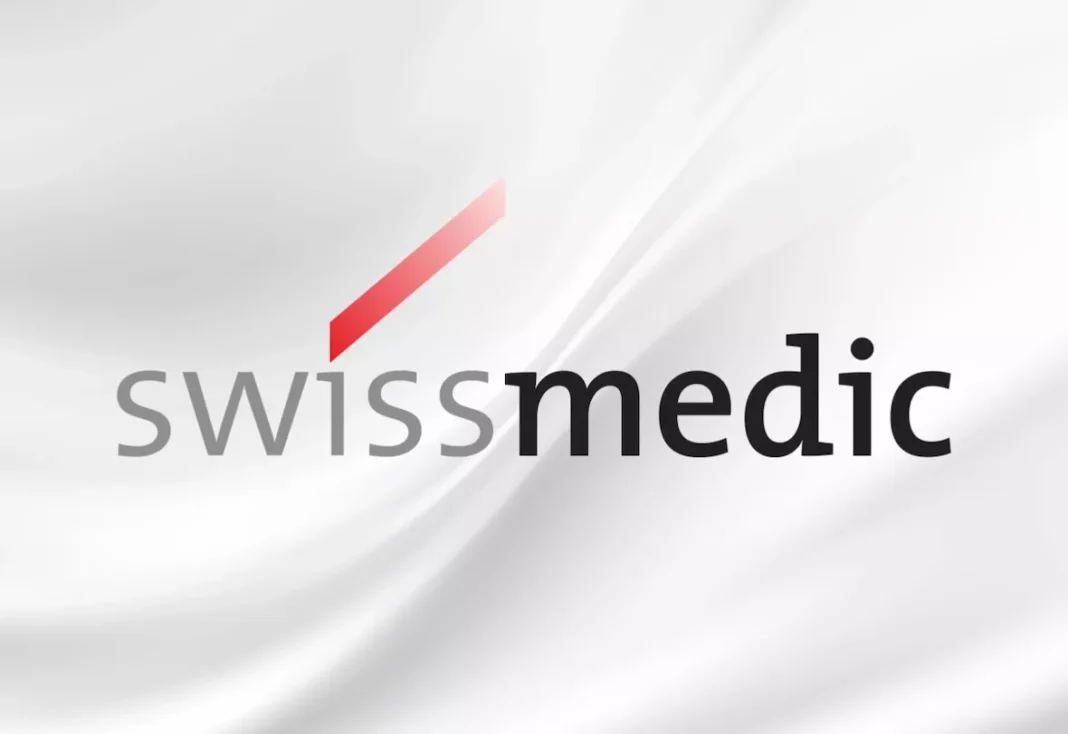A Breakthrough Amid Controversy
On July 8, 2025, Swissmedic approved Coartem® Baby, the first-ever malaria treatment specifically designed for infants weighing less than 4.5 kg. The approval followed the CALINA trial, conducted across eight African countries including Nigeria.

This is a historic milestone in child health, filling a dangerous gap where newborns and small infants had been treated with imprecise doses meant for older children. The new dispersible formulation, tailored for newborn metabolism, could save countless lives in a region where malaria killed nearly 600,000 people in 2023 alone.

The Ethical Question: Consent and Transparency
While the scientific breakthrough is welcome, Nigerians are asking hard questions:
Were parents properly informed?
Did they truly consent to allow their fragile infants into this trial?
Where are the records proving that the highest international standards were observed?
Until those records are made public, doubts will remain.
“In medical research involving human subjects capable of giving informed consent, each potential subject must be adequately informed… If the subject is legally incompetent, the consent of the legally authorized representative must be obtained.”

- Declaration of Helsinki, Article 25–28
This principle applies universally, in Lagos or London, Kano or Kyoto. Nigerian parents deserve nothing less than transparency.
International Standards for Research on Infants
Infants cannot consent for themselves, which makes parental or guardian consent non-negotiable. UNICEF stresses:
“Every child has the right to protection from all forms of exploitation… Participation in medical research requires the informed consent of parents or guardians, and the protection of the child’s best interests must be paramount.”

- UNICEF Convention on the Rights of the Child, Article 36
Similarly, the World Health Organization emphasizes that any clinical trial involving vulnerable populations, especially children, must ensure “voluntary, informed consent from parents or legal guardians, strict ethical review, and independent oversight.”
The Nigerian public has a right to demand proof that these obligations were met—not vague assurances.
Learning from History: The Shadow of Past Abuses
Nigeria cannot forget the Trovan trial in Kano (1996), where Pfizer’s experimental drug was tested on children without proper consent, leading to deaths, disabilities, and global outrage. That case remains a warning: when transparency is absent, trust collapses.

The government and trial sponsors should proactively disclose:
The ethics committee approvals;
The parental consent forms;
The monitoring procedures;
The trial outcomes in Nigeria.
Without this, Nigerians will continue to question whether babies were respected as human subjects with rights or treated as test material.

Would This Pass in the Global North?
In countries like the US, UK, France, or Japan, clinical trials involving infants are held to rigorous standards:
Independent ethics boards must approve the protocol.
Parental consent must be explicit and documented.
Authorities conduct regular inspections and violations can lead to billion-dollar lawsuits.
If such transparency and accountability are non-negotiable abroad, they must also be non-negotiable in Nigeria.

The Path Forward: Nigeria Must Lead in Protecting Its Children
1. Immediate Publication: The Federal Government and trial sponsors should publish all ethics approvals and redacted parental consent forms.
2. Independent Review: Nigerian medical ethicists and civil society must audit the trial records.
3. Legislative Action: Stronger Nigerian laws on clinical research oversight must be enforced, ensuring no repeat of past abuses.
4. Public Trust: Parents should be informed in clear, local languages about why trials are necessary, how consent is obtained, and what protections exist.
Final Word
This new malaria drug is a genuine medical breakthrough. But breakthroughs mean nothing if they leave behind suspicion, secrecy, and silence.
“Medical progress is based on research that ultimately must rest in part on experimentation involving human subjects. Populations that are vulnerable must be provided with specifically considered protection.”

- Declaration of Helsinki, Article 8
Nigeria must insist that such protections are not just words in an international charter—but living guarantees for every Nigerian child.
Tha National Patriots.
Headlinenews.news Special Investigative Report.





